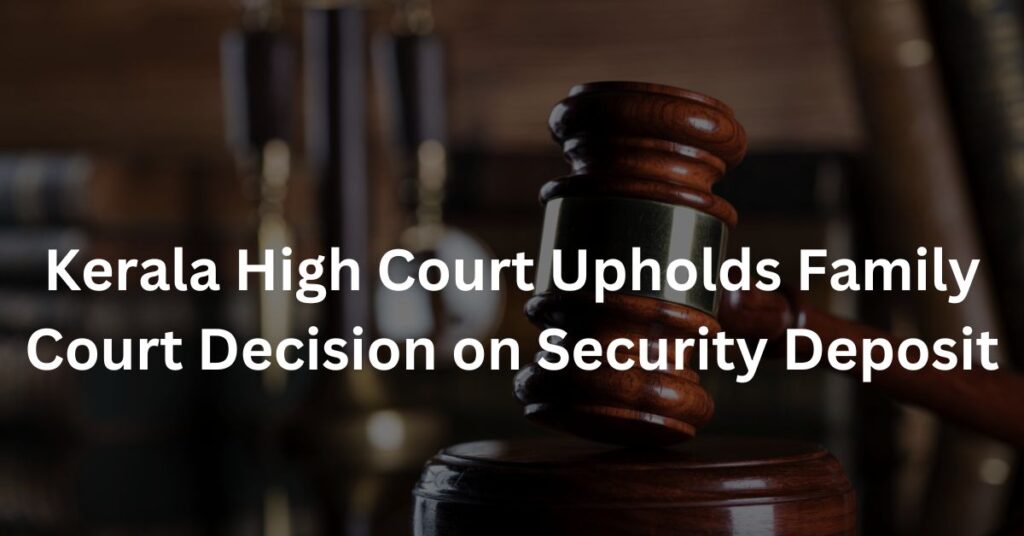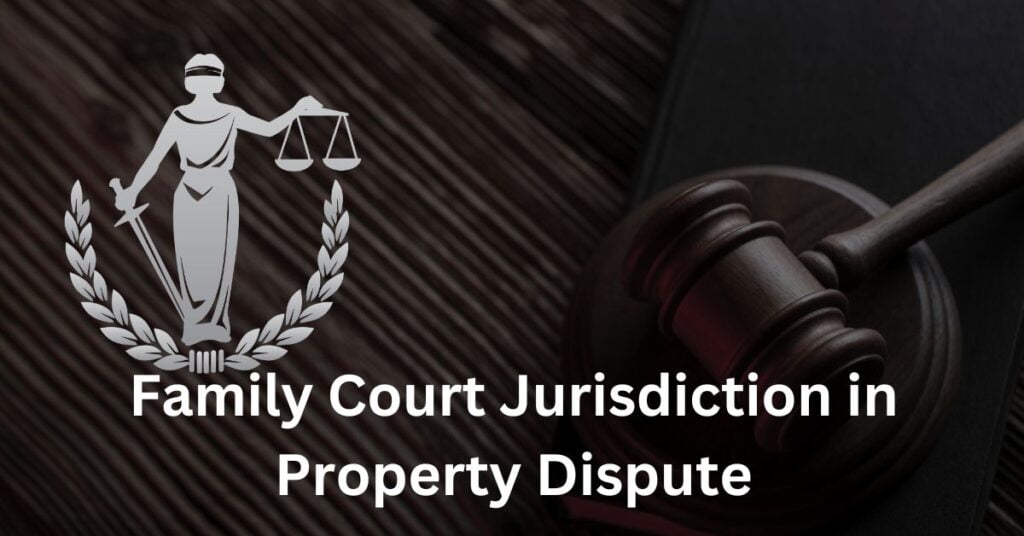Court Rejects Request for Release of Security Deposit
Kerala High Court Decision
On March 20, 2024, the Kerala High Court dismissed a petition involving a family dispute over the release of a security deposit. The case was presided over by Justice Anu Sivaraman and Justice C. Pratheep Kumar. The petitioner sought the release of Rs. 57,50,000/- from a deposit of Rs. 1.15 crores made by the respondents. This amount was initially deposited as a condition to set aside an ex-parte decree.
Background of the Case
The initial case was filed in the Family Court of Ernakulam, where the petitioner sought the realization of gold and patrimony from her husband and in-laws. An ex-parte decree was issued against all respondents on March 18, 2016. However, respondents 2 and 3 later appealed, and the High Court set aside the ex-parte decree on January 25, 2019, on the condition that they deposit Rs. 1.15 crores with the Family Court. This sum was to be released to the petitioner, pending the final outcome of the original petition.
Family Court’s Ruling
The Family Court eventually ruled in favor of the petitioner only against her husband (the first respondent) and dismissed the case against respondents 2 and 3 on December 24, 2022. Consequently, the petitioner did not appeal against this judgment, making it final. Following this, the petitioner filed an execution petition to realize the remaining decree amount, which included an application to release the remaining Rs. 57,50,000/- of the Rs. 1.15 crores deposit. The Family Court rejected this application, stating that the deposit was not liable to be released to the petitioner as there was no decree against respondents 2 and 3.
Arguments and Legal References
The petitioner’s counsel argued that the deposit should be treated as a security amount to cover the decree debt, referencing Section 145 of the Code of Civil Procedure (CPC), which deals with the enforcement of a surety’s liability. They cited previous case law to support their position. Conversely, the respondents’ counsel contended that the deposit was merely a condition for setting aside the ex-parte decree and should be returned since the case against them was dismissed.
High Court’s Judgment
The High Court upheld the Family Court’s decision, emphasizing that respondents 2 and 3 were not sureties but co-respondents who deposited the money under specific court instructions. Since the original petition was dismissed against them, they were entitled to a refund of the deposited amount. The High Court concluded that the Family Court’s order was valid and did not warrant interference.



